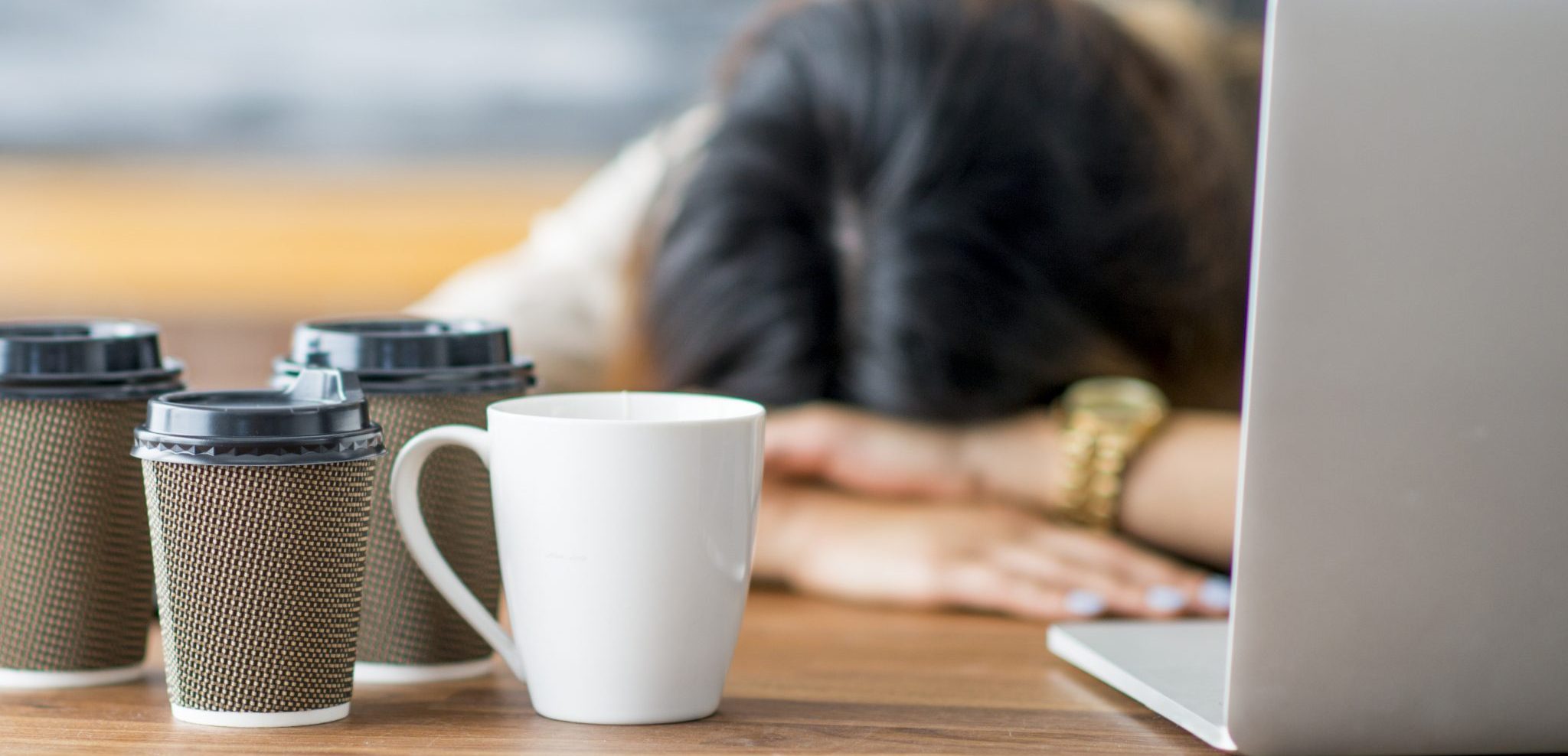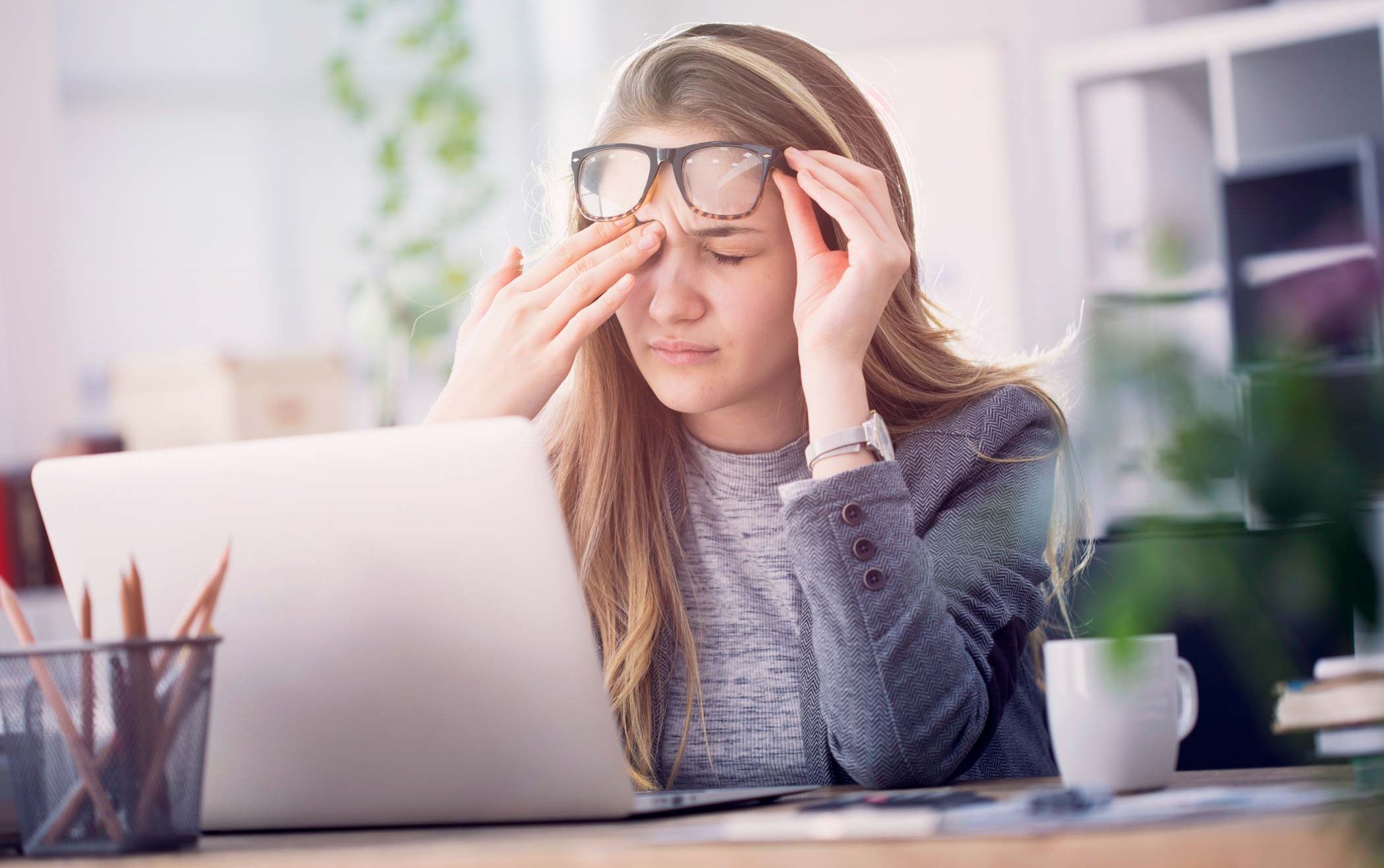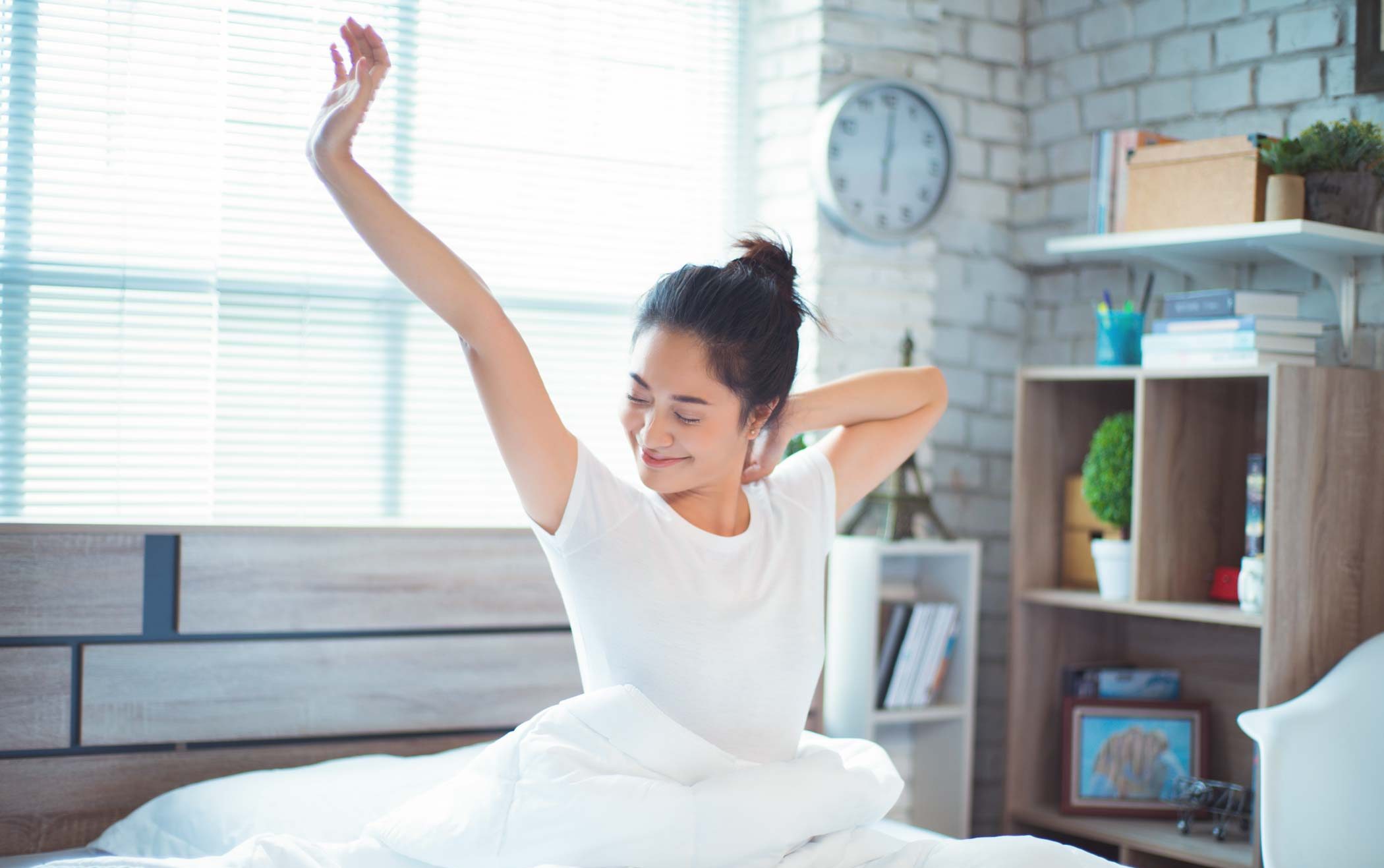It’s 7.30 a.m. on a workday, your alarm is buzzing, but you can only seem to pry your eyes open long enough to hit snooze, another ten minutes of restful bliss. Then it’s time to hit the liquid magic – coffee! And for a while you feel better and make it to work, then comes that mid-morning slump, followed by a mid-afternoon one, then almost suddenly you are home and ready to crawl back into bed. Sound familiar? If you feel always tired and ready to hit the hay – you are not alone. This endless feeling of exhaustion is experienced by 20% of people, with 10% suffering for a prolonged period.
The concept is so common it has gained its own acronym – TATT (tired all the time). But, there’s nothing fun about feeling exhausted when you’ve just woken up. That’s why we’re about to dive in and help you discover the reasons why that groggy feeling won’t seem to go away and more importantly, what you can do about it.
Reasons for being tired all the time
Knowing why you are experiencing chronic fatigue is critical in understanding which methods will help in your particular situation. Let’s take a look at three of the most common factors in feeling exhausted all the time:
1. Physical
While it’s pretty much a given that if you have a labor-intensive job, you’ll be physically frazzled at the end of a tough working day. If your role is less active, you might be wondering: “what’s the reason behind this sluggish feeling?”
We’ll take a look at some of the effects of sedentary work later, but one thing you might want to pay attention to is your health. That drained feeling can be the result of numerous (hidden) medical conditions, such as anemia, an underactive thyroid, weight loss or gain, cancer, fibromyalgia, diabetes, adrenal dysfunction, carbon monoxide poisoning, and many more.
This is why it’s vital that if your exhaustion continues that you consult with a doctor in case there is an underlying cause.
2. Lifestyle
We are always on the go – work, hobbies, family, relationships, those evening classes, and top it all off with that constant connection to the world through social media. We never switch off. Recently, the term FOMO (fear of missing out) has hit the headlines as the latest cause of fatigue. By trying to keep up with absolutely everything, we find ourselves feeling tired all the time with no energy at all. We know it’s not healthy, but we simply have to find out what our friends were wearing at the office yesterday, who broke up with who, and the latest engagement gossip. Hey, we just can’t seem to help ourselves.
But aside from our busy world, other aspects of lifestyle could be leaving us not so well rested. Drinking alcohol, smoking, or having a high caffeine intake can disrupt sleep cycles and lower the quality of sleep. The same goes for night shift workers and those with trying to combine studying with work. The result? That all-day lethargic feeling.
3. Psychological
Just because it’s in your head doesn’t mean it’s not happening. Although awareness of mental health is on the rise, we are generally reluctant to accept that we are not superheroes and sometimes we need to take a moment to look after our not-so-visible health too.
Feeling extremely tired all the time, sometimes so exhausted that you can’t get out of bed, can be a symptom of an underlying psychological condition, such as stress, emotional shock, depression, anxiety, and many other issues. If you suspect that your exhaustion might be psychology motivated, it’s a good idea to bring in the help of a professional who will be able to work through your challenges.
Best ways to fight that “tired all the time” feeling
With all these reasons for fatigue, it’s almost hard to imagine how you’re not feeling more tired. After all, life is busy and probably more than one of the reasons above apply to you. But, now comes the important part – what to do about it!
Depending on the underlying cause, you might find some of these tips more effective than the others, and that’s ok, combine and use as needed for a better night’s sleep.
1. Create the right environment for sleep
Even if you’re out cold the minute your head hits the pillow, that doesn’t mean your night’s sleep will be restful. The environment you sleep in has a major impact on how productive that shut-eye is.
Ever noticed that first night in a hotel room, the bed is luxurious, the setting divine, but you wake up in the morning feeling like you never slept at all. This is because the new environment is uncomfortable and unfamiliar, so whether you know it or not, your resting brain is keeping watch.
While of course, you won’t be sleeping in a new hotel room every night, by following simple principles to create comfort, you are setting yourself up for a better night’s sleep.
2. Healthy diet and exercise
This is the backbone of most of your body’s processes, and that includes your sleep habits. If you’ve drunk your last espresso at 7 p.m. (we know, it’s tasty and tempting), it’s no wonder you can’t seem to nod off at ten.
The same goes for your meals. While it’s a trial and error game of what works best for you, many find that eating their main meal at lunchtime and saving the evening for a light supper (dinner) and a bedtime snack is the optimal choice to make sure you feel nourished but don’t have too full of a stomach or too much energy that you can’t fall asleep.
And that brings us to exercise. The recommended amount of daily exercise is 30 minutes of moderate activity – running, walking, time in the gym, dancing, whatever works for you. This helps your body stay healthy, expend any extra energy, get a boost of healthy chemicals, and then relax. P.S. It also reduces those problematic stress hormones too.
3. De-stress, meditate and nap
Being switched on all the time is exhausting, and it is affecting the quality of your sleep. To get better rest and feel more productive the next day, you need to learn how to actively unwind, relax, and get some shut eye.
Finding an effective way to de-stress is different for everyone, some find light fiction reading effective, others like to take a warm bath, and for some, meditation is an exceptionally powerful tool for helping you disconnect.
There are some “behaviors” that are not so conducive to becoming well-rested, and that includes checking Facebook right before bed. Ideally, you should switch off completely around one hour before you plan to go to sleep. That screen light can affect your melatonin levels, leaving you restless for longer.
You might also consider grabbing that energy-boosting day nap (if you can) and don’t you dare feel guilty about it. Napping can power your brain in the afternoon and give you that much needed-energy to continue your day.
These three tips will help you on your way to more energy. However, if you’ve tried them all, and continue to feel tired, or suspect some other factors are at play, get in touch with your healthcare provider as soon as possible.





